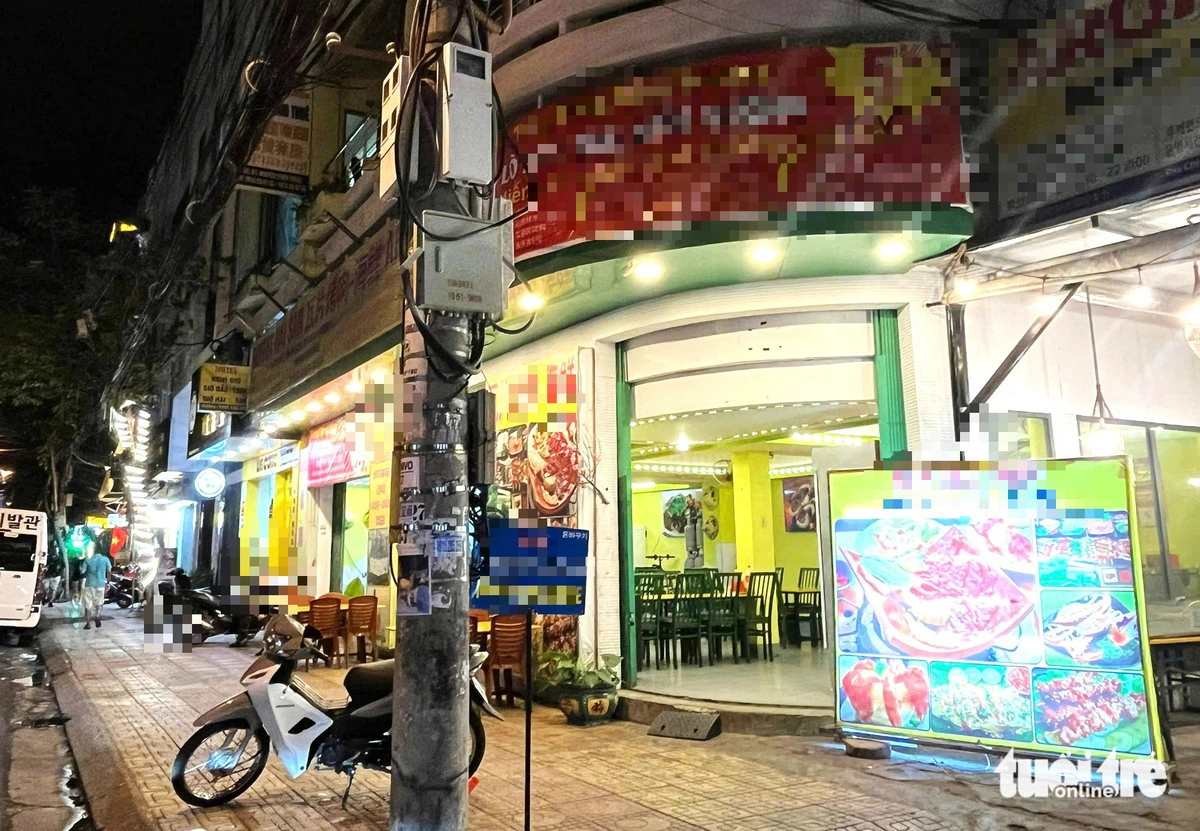Regarding overcharging, many business owners in Vietnam said that no one would be foolish enough to engage in such acts given the aftermath of such fleecing.
At best, price gougers have to apologize and refund the money. At worst, they will face fines, public outrage, and criticism.
However, in both cases, they will find it hard to recover their business. Even if they sincerely try to make amends, customers will still be hesitant to visit a restaurant with a 'history of overcharging.'
In the worst case, restaurants may have to shut down, essentially losing everything.
Nevertheless, around the Lunar New Year holiday, or Tet, stories of ripping off customers resurfaced. The most recent incident involved an exorbitantly priced bill, in which grilled eggplant with scallion oil cost VND1.8 million ($75) in Nha Trang, a popular tourist city in south-central Vietnam.
When this case came to light, many people raised a question: what are the local authorities doing?
Most local authorities only react after rip-off cases are exposed, without any proactive measures or solutions in place to prevent them.
Their approach primarily focuses on addressing the aftermath -- temporarily suspending the restaurant’s operations, forming inter-agency inspection teams to examine violators, and issuing fines.
However, most businesses were penalized for vague price listings, food safety violations, improper signage, and labor infractions rather than overcharging, as there is often insufficient evidence to prove price gouging.
As a result, the problem of overcharging keeps recurring.
Fleecing is a bad practice, so proactive measures are needed, such as expanding community monitoring of overcharging.
The cooperation between local governments, the tourism industry, and associations of restaurants, lodging facilities, and tourism transport firms is essential.
These associations should encourage their members to monitor each other and identify places showing signs of overcharging to preserve the prestige of business associations and eliminate exploitative businesses.
Local authorities should adopt digital transformation to monitor overcharging. QR codes, cameras, and other technologies need to be applied appropriately.
Some countries have intensified the use of digital technology to monitor tourism services. In Australia, QR codes are required to be placed on taxis to monitor payments and ensure prices are not inflated, with the motto 'Government can't be in every cab, every time but a QR code can be.'
Effective monitoring needs to be coupled with stricter punishment for rip-offs.
Along with administrative penalties, local authorities should make efforts to investigate and criminally charge cases of overcharging, treating them as acts of 'using force or other methods to intimidate someone in order to seize their property.'
While stronger legal measures are still pending, business owners considering overcharging customers should think twice about the consequences.
Many have learned the hard way that price gouging brings nothing but misfortune -- it does not lead to profit, only to ruin.
Like us on Facebook or follow us on Twitter to get the latest news about Vietnam!























































